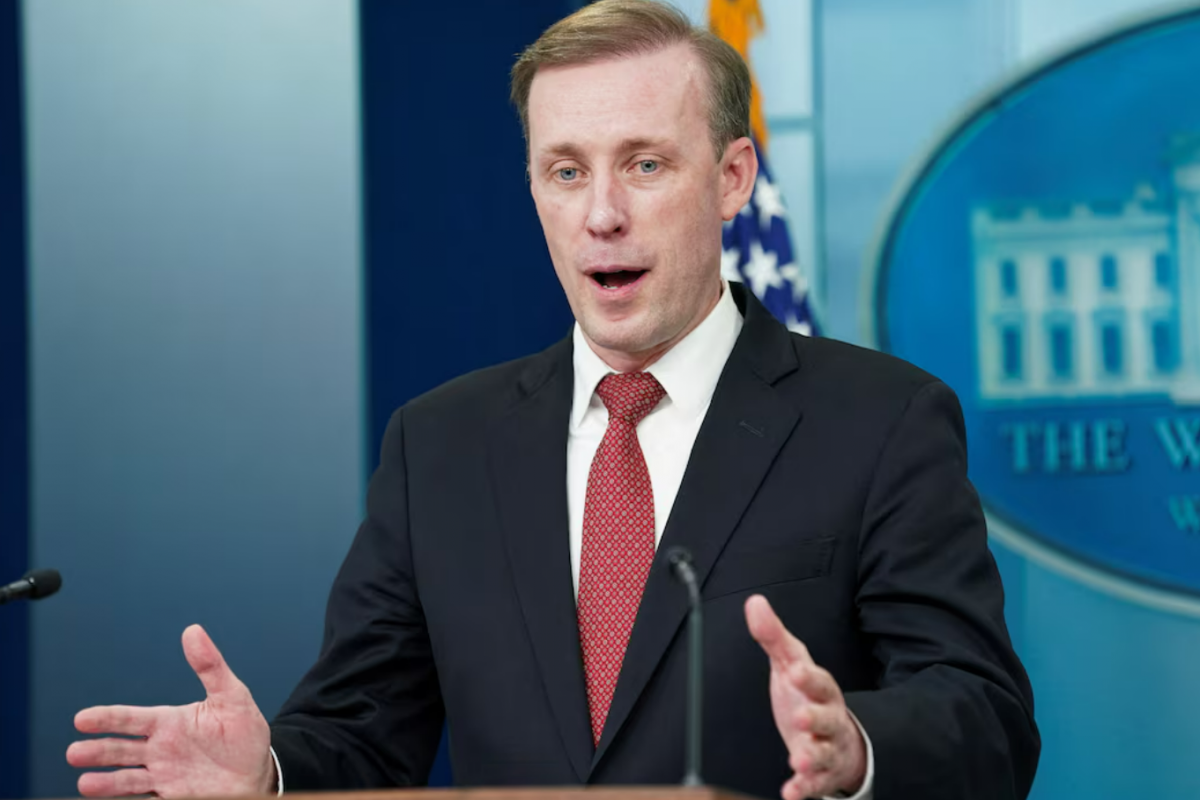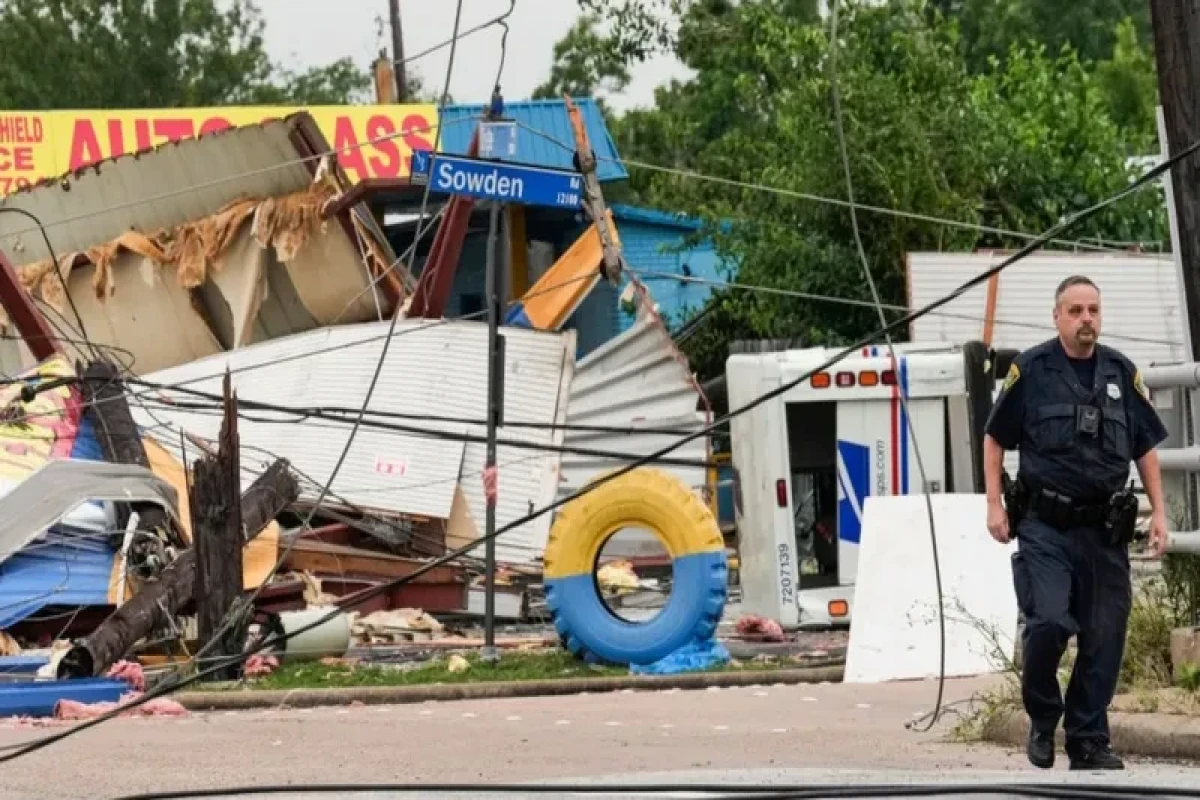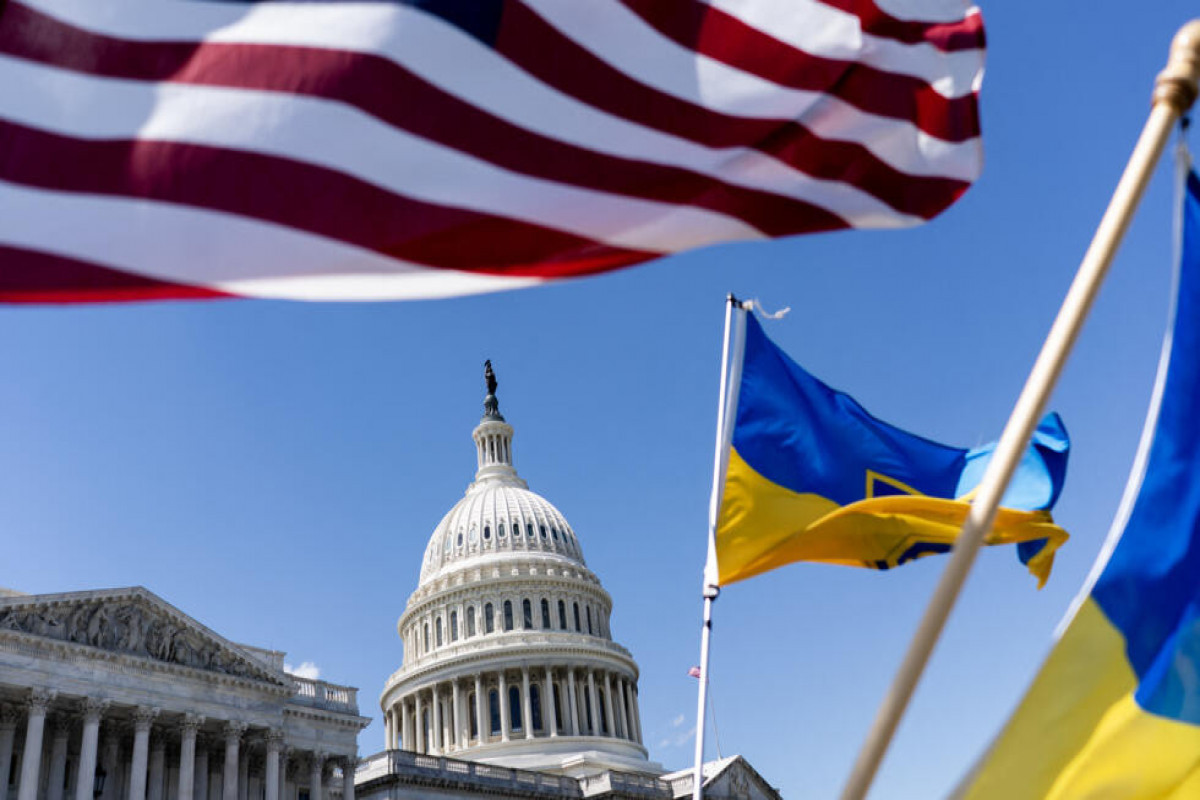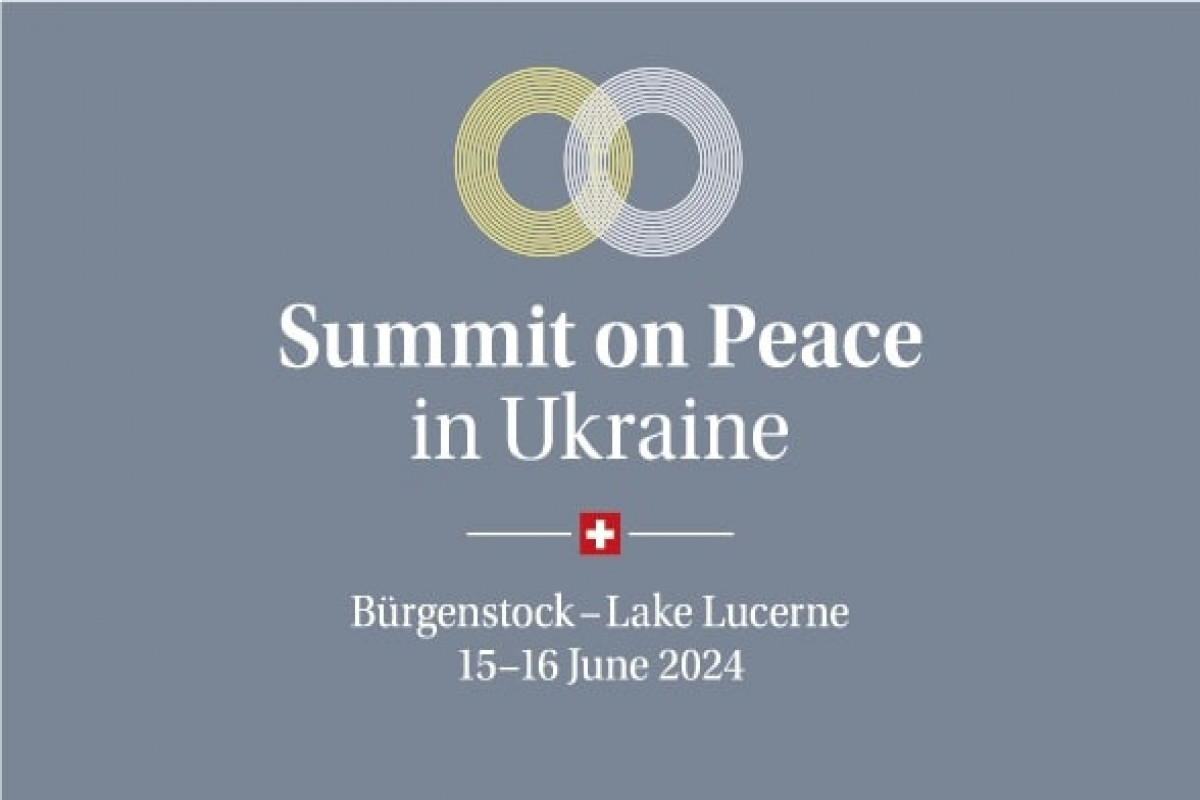Daniel Fried: Turkey ought to open up the border with Armenia and restore normal relations

The Assistant Secretary stressed that the Turkish Government has never blackmailed or threatened the U.S. Government. They have never said that they will take retaliatory steps if the Armenian Genocide resolution passes.
“The Turkish government has said that Turkish opinion would be inflamed and outraged by this resolution and that they, the Turkish government, fear what the Turkish parliament might do in reaction to something our parliament might do. So it’s a little bit different than what you described.
Turkey is a good ally. It is also a country which is undergoing a profound democratic transformation itself. Turkey has for decades had the formal elements of democracy, but in the last 10, 15, 20 years it has deepened this democracy, and especially in the last 5 to 10 years. The boundaries of freedom of expression are now much greater than they were before. Civilian institutions are much stronger. The role of the military is much more circumscribed. These things are advancing, and as this happens there is a growing discussion in Turkey about their own past, and in particular the past of the Ottoman Empire and its relationship to the Armenian community there and the mass killings that took place in 1915 and afterwards. Turks are beginning to discuss this.
We encourage them to examine their history and the painful, what can be called dark spots, and they’re not the only country that has them. The United States has plenty of our own: slavery, treatment of American Indians, treatment of Japanese-Americans during World War II. We have a lot of things in our history of which we’re not proud,†Fried said. /APA/
Americas

Saudi crown prince, US national security adviser meet on Gaza, bilateral ties

Seven dead after powerful storms slam Houston, Texas

Pentagon to host virtual meeting of Ukraine Defense Contact Group on May 20

Brazilian president will not attend peace summit on Ukraine
NEWS FEED
Mohammad Mokhber to exercise powers of president of Iran
Natural gas prices surge at NYMEX
Indonesia minister says Musk to consider offer to build EV battery plant in country
Iranian media: Iran's President and his staff died in a helicopter crash
Iran RCS: Remains of the helicopter found, but no signs of alive passengers
Reuters: Helicopter of the President of Iran, Ibrahim Raisi, was completely burnt as a result of the accident -VIDEO
Wreckage of helicopter carrying Iran’s president located as rescue efforts continue
Türkiye’s Akinci UAV identifies source of heat suspected to be crash site of Iranian president’s helicopter-VIDEO
DPRK forced to take measures to increase nuclear deterrence after US test — statement
Rasisi’s helicopter passenger twice called to say he was feeling bad — senior diplomat
MES: Azerbaijan is ready to send 40 rescuers to search-rescue operation in Iran
Saudi king diagnosed with lung inflammation
Location of Iranian president's crashed helicopter discovered
Türkiye sending night vision search helicopter, 32 rescuers, 6 vehicles to help Iran find president's crashed copter
Fenerbahçe wins derby against Galatasaray
Presidents of Azerbaijan and Iran met in the presence of delegations-PHOTO-UPDATED-1
Iran asks EU for help in finding missing president
Türkiye monitoring developments in Iranian president's helicopter crash
President of Iran: "We were one of the first countries to explicitly state that Karabakh is the territory of Azerbaijan"
Seyyed Ebrahim Raisi: "The most important issue for us is the interests of our countries"
Manchester City win record fourth-successive Premier League title
President Ilham Aliyev, President Ebrahim Raisi attended commissioning ceremony of Khudafarin hydroelectric complex, opening ceremony of Giz Galasi hydroelectric complex-PHOTO-UPDATED-1
Search operation underway to find Iranian President's helicopter-VIDEO-UPDATED-1
Azerbaijan, as friendly and brotherly nation, is ready to provide all necessary support to Iran, says MFA
Azerbaijan ready to provide assistance regarding helicopter incident involving President of Iran - President Ilham Aliyev
Lives of Raisi, Iranian FM at risk after helicopter crash - Reuters
Several injured as passenger buses collide in Baku-PHOTO
Chairman of the Latvian Parliament visited Azerbaijan's Shusha
New page opens in Iranian-Azerbaijani relations - ambassador
Seyyed Ebrahim Raisi: Iran's relationship with Azerbaijan is more than a relationship with a neighbor
President Ilham Aliyev: Iran-Azerbaijan unity and friendship is unshakable
President of Azerbaijan: I do hope that Armenia contributes to regional cooperation, not damage it, by conducting the right policy
President of Azerbaijan: I do hope that Armenia contributes to regional cooperation, not damage it, by conducting the right policy
President: The interference of non-regional countries in our affairs is unacceptable
President Ilham Aliyev: We welcome Iran's support regarding peace agreement between Azerbaijan and Armenia
President: Creation of “green energy” sources in Karabakh, East Zangezur, and Nakhchivan will benefit the entire region
President of Azerbaijan: We have major plans in the field of energy
President Ilham Aliyev: Iranian-Azerbaijani friendship and brotherhood are an important factor for the stability of the region
Interstate relations between Iran and Azerbaijan reached the highest
President Ilham Aliyev: The opening of the "Giz Galasi" hydroelectric complex and the commissioning of the “Khudafarin” hydroelectric complex are historic events
Speaker of Latvian Parliament arrives in Fuzuli-PHOTO
President of Iran: This is a very successful meeting for the two nations"
Houthis attack tanker in Red Sea
House explosion in Türkiye injures seven
China, Tajikistan vow to elevate cooperation
Saudi crown prince, US national security adviser meet on Gaza, bilateral ties
New Caledonia 'under siege' from rioting, says capital's mayor
At least 10 UAVs suppressed in Krasnodar region — operational headquarters
Wildfires sweep across Finland, straining rescue services
Iraqi parliament fails to elect new speaker

